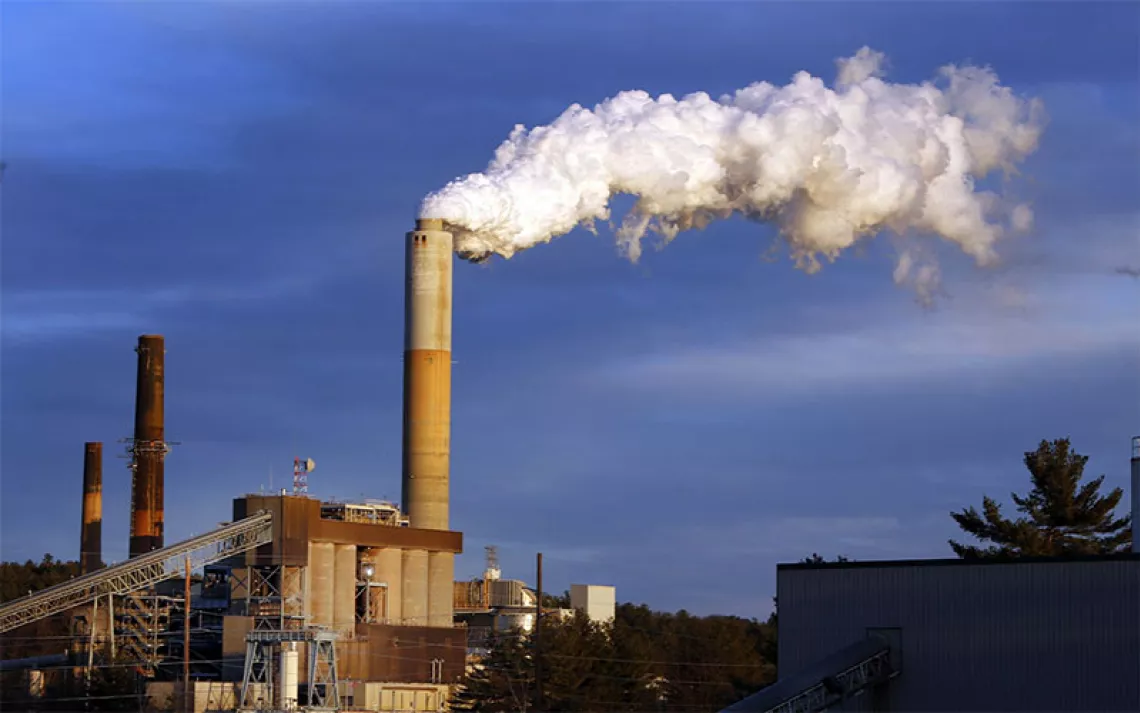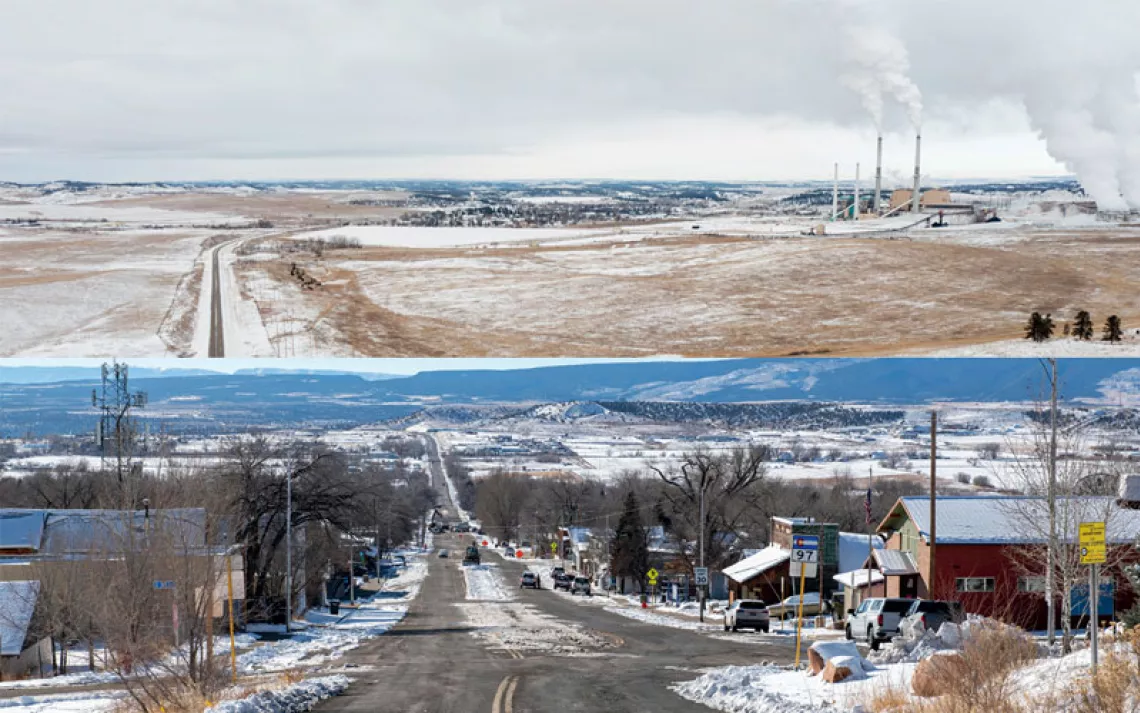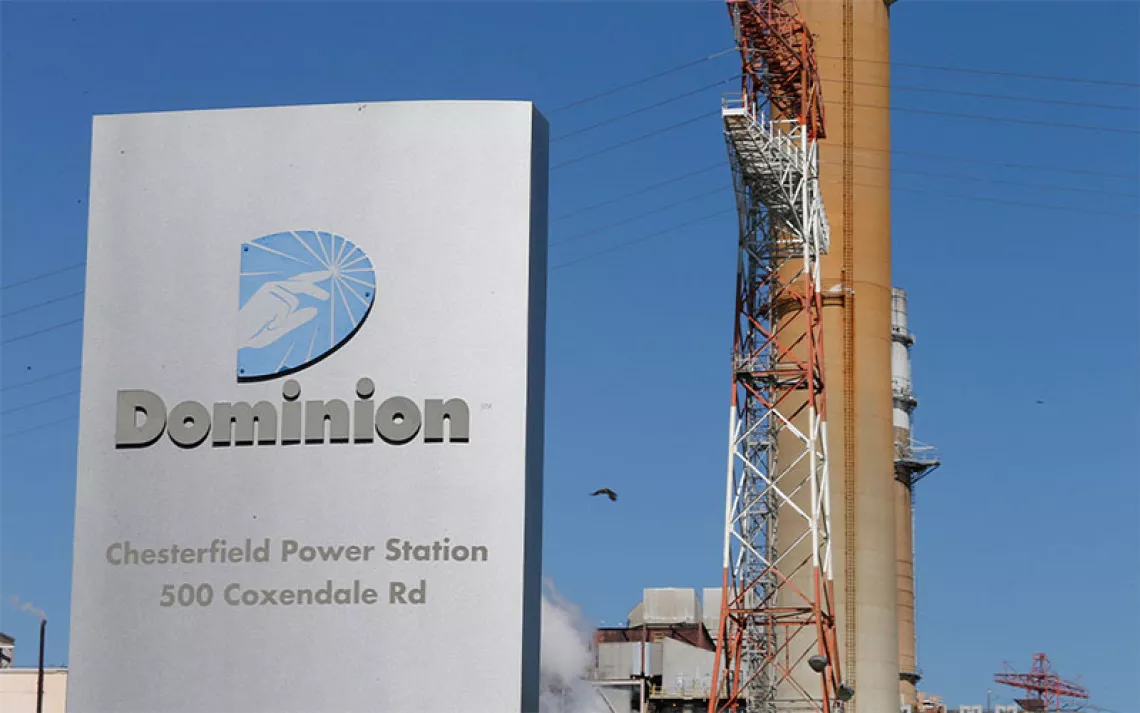“Rolling Coal” Backfires
Trump’s EPA goes easy on mega-polluting trucks
Pedestrians, cyclists, and electric vehicles have long been favored targets for drivers of monster trucks “rolling coal”—that is, intentionally spewing huge clouds of diesel exhaust at their perceived enemies in the nation’s culture war. The ability to do so has been facilitated by a slew of companies—Bully Dog, Sinister Diesel, Derive Systems, and many others—that manufacture or sell aftermarket auto parts that intentionally bypass vehicles’ pollution controls. (The effect is similar to that of the emissions cheating by Volkswagen that cost the company more than $30 billion in fines.) These “defeat devices,” including electronic programmers or “tuners," “unlock horsepower and torque” by changing fuel and timing settings and turning off certain emissions controls. Since 2013, the EPA found that Derive Systems sold over 350,000 illegal tuners.
That extra horsepower and torque comes at an enormous cost to clean air. A vehicle equipped with such a defeat device can produce 40 to 100 times the emissions of a standard vehicle. If only 2 or 3 percent of similar diesel vehicles use such devices, the fleet-wide emissions can double. In Weber County, Utah, where 10 percent of diesel vehicles were found in 2017 to have tampered with their pollution control systems, emissions in the airshed from that class of vehicles can triple—a serious situation in the already badly polluted Wasatch Front.
Although the companies claim that their products are legal, the EPA thought otherwise. In January 2017, the Obama EPA issued a notice of violation to Derive Systems alleging violations of the Clean Air Act. Unfazed, the companies continued to market and sell their devices, and sure enough, by the time it came to settle with the violating companies, there had been a change of administration in Washington. Trump’s EPA is proposing civil penalties—which could have been as high as $3,750 per violation—of 90 cents per violation, only 0.02 percent of the penalty available.
Reed Zars, an attorney in Laramie, Wyoming, who worked with Sierra Club attorney Joseph Halso to challenge the Derive Systems decree, noted that in addition to the minuscule penalties, the company was permitted to continue selling its defeat devices for another two years. “It was not even a slap on the hand,” said Zars. “Barely a flick of the finger.”
Happily, citizens who have to breathe the coal rollers’ exhaust may now have another recourse. Zars also represented Utah Physicians for a Healthy Environment in a suit against three defeat-device companies, including the Diesel Brothers, stars of a popular reality show on the Discovery Network. The companies conceded that they violated the Clean Air Act in some instances but argued that the increase in pollution they caused was inconsequential and that therefore the physicians’ group lacked the standing to sue. In a mid-March judgment, federal district court Chief Judge Robert Shelby ruled against the companies, finding that Utah citizens have standing to sue to enforce the Clean Air Act, even when the illegal emissions are coming from tailpipes instead of smokestacks and when the “emissions are a small fraction of total emissions.”
Whether the decision will release a flood of citizen suits against coal rollers remains to be seen, Zars said, but “it does suggest that the courthouse door is not locked to citizens whose air is fouled by vehicles violating the Clean Air Act.”
 The Magazine of The Sierra Club
The Magazine of The Sierra Club







